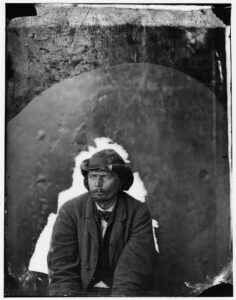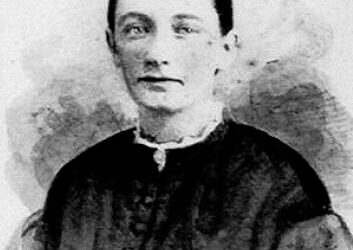June 12th marks the birth of George Atzerodt, a German immigrant who became embroiled in a plot that irrevocably altered the course of American history. Arriving in Maryland with his family as part of a larger immigration wave, Atzerodt settled into a seemingly ordinary life.
Toward the end of the Civil War, Atzerodt was recruited by John Wilkes Booth for a scheme to abduct President Abraham Lincoln. However, the plan shifted dramatically, escalating to the assassination of key government figures in April 1865. In this revised plot, Atzerodt was tasked with eliminating Vice President Andrew Johnson. 
Atzerodt attempted to evade capture by fleeing to his Maryland hometown. However, Union soldiers apprehended him on April 20th, 1865. While in custody, he offered information concerning other conspirators, such as Mary Surratt and Samuel Mudd. Nevertheless, his cooperation could not absolve him of his involvement. Tried by a military tribunal, George Atzerodt was sentenced to death and hanged at the Washington Arsenal on July 7, 1865, alongside Lewis Powell, David Herold, and Lewis Paine.
The story of George Atzerodt serves as a chilling reminder of the Civil War’s pervasive influence and the devastating consequences of political division. His tale underscores the complexities of the assassination plot, where a single individual’s actions, or inactions, could have significantly altered the course of history.




0 Comments